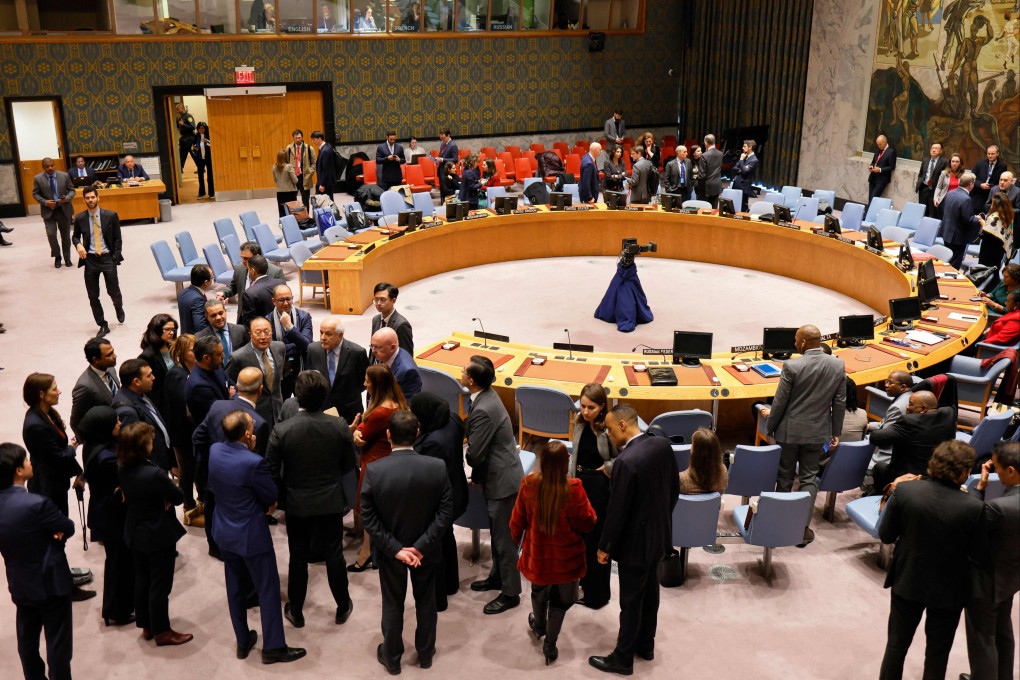Opinion | With the West in decline, the Rest must forge their own path
- The West’s imperial history means it has set many global standards since the 15th century, while the solidification of US hegemony after 1945 convinced many former colonies to buy into neoliberal ideology
- More recently, though, it has become clear that the Global South must chart its own course to a sustainable future

Today’s modernity is associated with the West, which has set the scientific, educational and cultural standards since the 15th century, when European explorers opened up maritime trade routes to the Americas, Africa and Asia.
Colonisation became a land and power grab by Europeans against the Rest, with the use of superior military firepower, industrial and financial technology. This power grab continued into the 20th century, with Belgium taking Congo as late as 1908, the United States solidifying control over the Philippines in 1902 and the Italians trying to colonise parts of Ethiopia in the 1930s.
When the US took over the mantle of global hegemon from the British Empire after the end of World War II, many former colonies bought the neoliberal ideology that free trade and markets, democracy, the rule of law and equality would be a universal creed for all nations and cultures.

